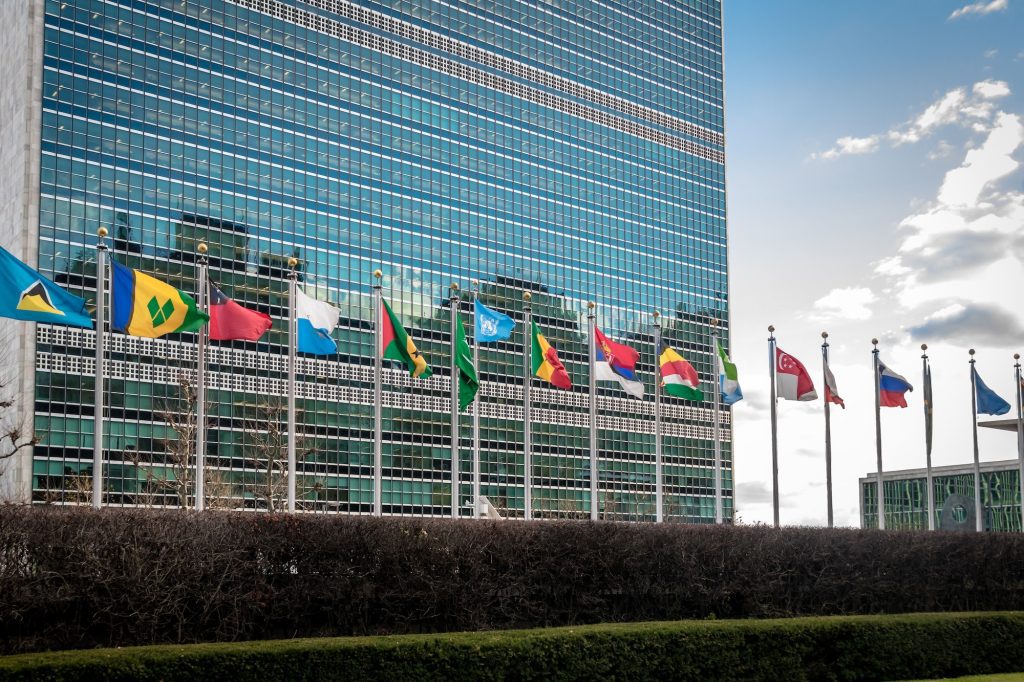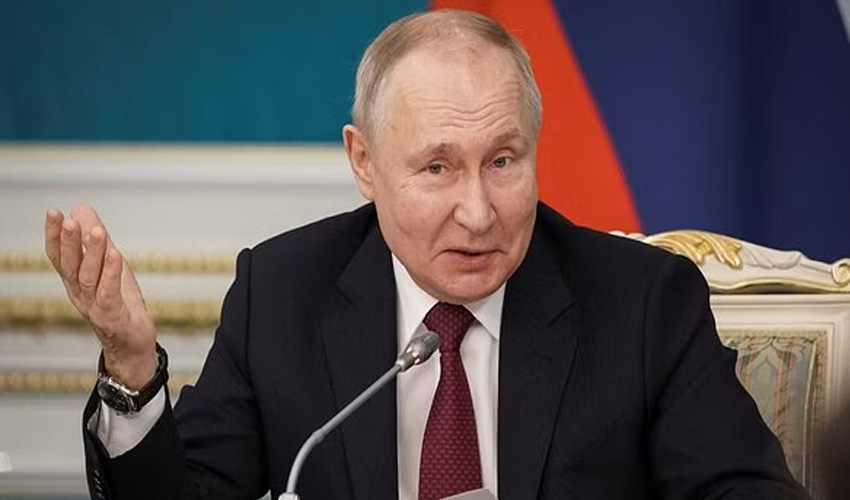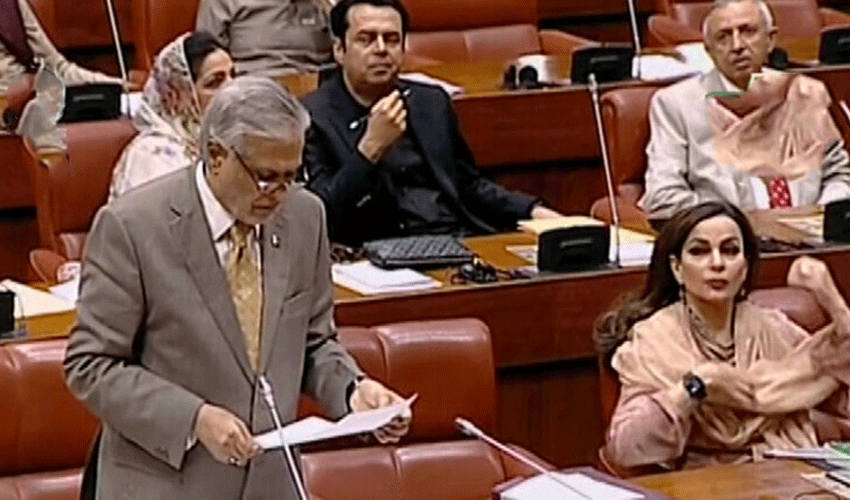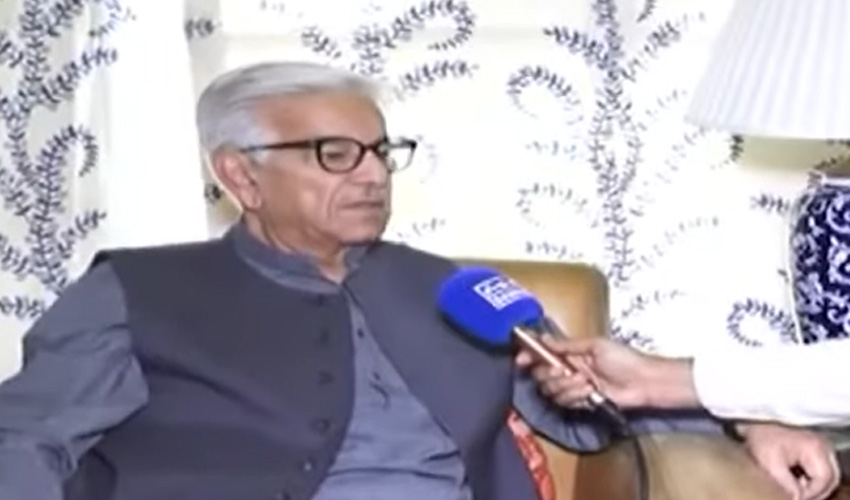The first global resolution on artificial intelligence was overwhelmingly approved by the UN General Assembly on Thursday. It calls on nations to protect personal data, uphold human rights, and keep an eye out for any potential threats associated with AI, according to Reuters.
The non-binding resolution, which is co-sponsored by China and more than 120 other countries and was proposed by the United States, also calls for the reinforcement of privacy laws.
Amid concerns that AI may be used to undermine democratic processes, increase fraud, or cause drastic job losses, among other negative effects, governments throughout the world have been taking several aggressive steps to influence the technology's development. This resolution is the most recent in this series.
"The improper or malicious design, development, deployment and use of artificial intelligence systems ... pose risks that could ... undercut the protection, promotion and enjoyment of human rights and fundamental freedoms," the measure says.
The United States, United Kingdom, and over a dozen other nations presented in November the first comprehensive international agreement on safeguarding artificial intelligence from rogue actors, pushing companies to develop AI systems that are "secure by design."
U.S. Ambassador to the United Nations Linda Thomas-Greenfield said, "Today, all 193 members of the United Nations General Assembly have spoken in one voice, and together, chosen to govern artificial intelligence rather than let it govern us".
Having adopted a temporary agreement this month to monitor the technology, EU legislators have put Europe ahead of the US. Congress, which is deeply divided, has not moved much in response to the Biden administration's demands for regulation of AI.
Meanwhile, the White House issued a new executive order in October that aimed to strengthen national security while lowering the dangers that AI poses to minorities, labour, and consumers.
The resolution took over four months to draft, but according to U.S. National Security Advisor Jake Sullivan, it provided "a baseline set of principles to guide next steps in AI's development and use" for the globe.
When asked on Wednesday if China or Russia were putting up some resistance in the negotiations, top administration officials said that there had been "many heated conversations," but that the administration was actively interacting with nations who had opposing viewpoints.
Chinese and Russian authorities, like other governments worldwide, are eagerly investigating the use of AI tools for a range of uses.
Microsoft announced last month that it had discovered hackers from both nations honing their espionage techniques with OpenAI software, which Microsoft had funded.
China has responded to the Microsoft report by saying it rejects what it refers to as unfounded allegations, while Russia did not answer a request for comment.



























